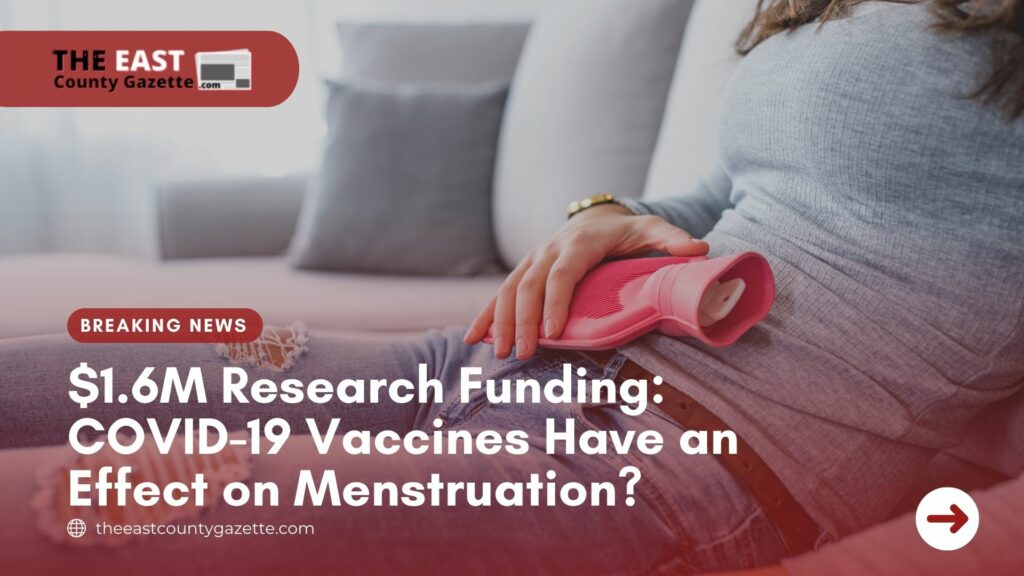After some women have reported that there has been a change in their menstrual cycles upon being administered the COVID vaccine, measures were undertaken to see if there was indeed a correlation between them.
The National Institutes of Health (NIH) has recently awarded $1.67 million to fund researchers at five different institutions who will look into the correlation between the coronavirus vaccines and menstruation.
The fund will come from the Institute of Child Health and Human Development and the NIH’s Office of Research on Women’s Health and will go to researchers from Boston University, Harvard Medical School, Johns Hopkins University, Michigan State University, and Oregon Health and Science University, according to the Seattle Times.
Recommended Read: Vitamin B6: A COVID-19 Miracle?
The study will reportedly run for a year and is expecting 400,000 to 500,000 respondents. The respondents will be exclusive to unvaccinated participants, including adolescents and transgender and nonbinary people.
The research will accept participants who are unvaccinated and will be a mix of those who intend to get vaccinated and those who don’t.
“Our goal is to provide menstruating people with information, mainly as to what to expect, because I think that was the biggest issue: Nobody expected it to affect the menstrual system because the information wasn’t being collected in the early vaccine studies,” Diana Bianchi, the director of the agency’s Institute of Child Health and Human Development said.
Bianchi also said that with the new NIH -funded research, the institutions can be “more considerate about whether women’s reproductive health concerns should be added to clinical trial studies in the future.”
As the study has not yet taken off, experts say that these menstrual changes women experience may come from various factors: from immune responses to the vaccines to their impacts on the uterus and the pandemic-related stress, lifestyle changes, and infection itself.
Although, this NIH initiative “signifies that they’re recognizing that there’s an important gap in our understanding of how vaccines influence menstrual health and ultimately reproductive health,” according to Leslie Farland, an assistant professor in the department of epidemiology and biostatistics at the University of Arizona’s College of Public Health.

